Clemence Plantier is a fashionable French student clad in pinstripe trousers, chunky loafers and a silk scarf. She is a new member of “Free Your Stuff Copenhagen,” a Facebook group of close to 100,000 members dedicated to giving and taking furniture, clothes, appliances and plants — for free.
Plantier, a master’s student studying Advanced Migratory Studies at the University of Copenhagen, joined the Facebook group after helping her friend move into an apartment, who needed furniture “very quickly, with not much money,” she said.
“I was like, ‘Oh that’s a nice concept: just people who don’t want some stuff give it to some other people that need it,’” Plantier said.
A Facebook group in #Copenhagen was created 12 years ago to give people the opportunity to give and take items for free. #FreeYourStuffCPH has grown to almost 100k members, demonstrating the city’s rise in climate consciousness and community building.
— Helen Sorme (@helenssays) May 28, 2023
Members of the group post pictures of the items they’re giving away, along with a date and time availability for pickup. Other members comment under the post if they want to claim anything, operating on a first-come, first-served basis.
Plantier said speed is a necessary facet of the group. Nice items, like highly-regarded, classic Danish Arne Jacobsen chairs, are claimed very quickly.
Why It’s Newsworthy: “Free Your Stuff Copenhagen” presents an opportunity for community members to acquire items for free, while also interacting with the people around them. The group demonstrates sustainability and trust, which are two cultural aspects of Denmark’s population.Donation Centers for New Beginnings
“Free Your Stuff Copenhagen” is “quite representative of the whole Copenhagen thing,” Plantier said.
In addition to the Facebook group, the city has flea markets, plant exchanges, food-sharing markets and drop-off locations for unwanted items. There are nine car-accessible recycling stations in Copenhagen, and 11 accessible only by foot. These stations welcome used furniture, decorations, toys and electronics to be dropped off, as well as construction scraps and unusable materials.
Vermlandsgade Genbrugsstation is one of the car-accessible donation centers in Copenhagen. It’s located on the island of Amager, which used to be used for dumping latrine waste until the 1970s.
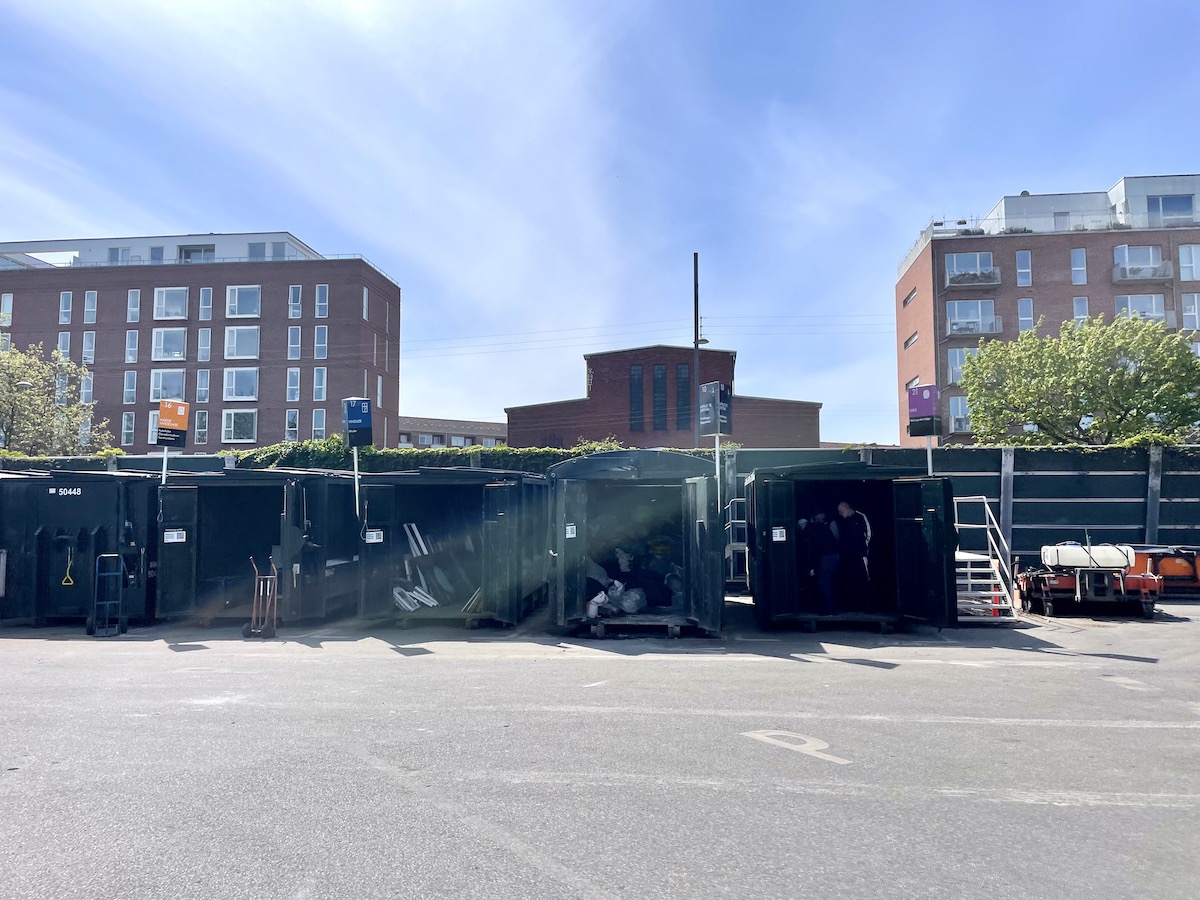
Today, the donation center houses 65 storage containers where community members can drop off fixable and functional items for others to pick up as needed. It’s an avenue for extending the dropped-off items’ lives, allowing them to become reincorporated into peoples’ homes.
Many of the donation centers are volunteer-run, so they’re only open on certain days for select hours. Vermlandsgade Genbrugsstation has grown in popularity and accessibility in its three years of being open.
Items that aren’t able to be reused or recycled are sent to Copenhagen’s waste-to-energy plant, Amager Bakke. The facility burns the waste in order to heat and power the city’s residences and businesses. Forty-five percent of Denmark’s generated waste is incinerated — 10% more than the waste that’s recycled or reused.
Denmark generated 845 kilograms of waste per capita in 2022, but was the world’s second-highest-ranked country in waste management (following South Korea). Close to 36% of the generated waste is recycled through the implementation of donation centers, flea markets and Facebook groups.
Ingrained in the Danes
Denmark’s status as the most sustainable country in the world is no fluke. Danish Institute for Study Abroad professor Catharina Rosendal said the country began prioritizing sustainability around 15 years ago, focusing on plastic minimization. She said the country’s ranking can be attributed to the strong sense of trust shared by Danes — another hallmark of Danish culture.
“I think we’re very collective,” Rosendal said. “I think we trust that together, we can do this okay if we all do the right thing.”
“Free Your Stuff Copenhagen” was founded upon sustainability and trust, two fundamental components of Danish culture, and functions outside of a monetary system.
Tanja Aertebjerg, one of the group’s administrators, said the group aims to make connections between members by removing money from the interactions. This philosophy aligns with her personal mantras of trusting that good deeds will come back to her.
“There’s no community building in money,” she said. “Sharing time, resources and kindness … it’s the social glue you can’t get from transactions.”
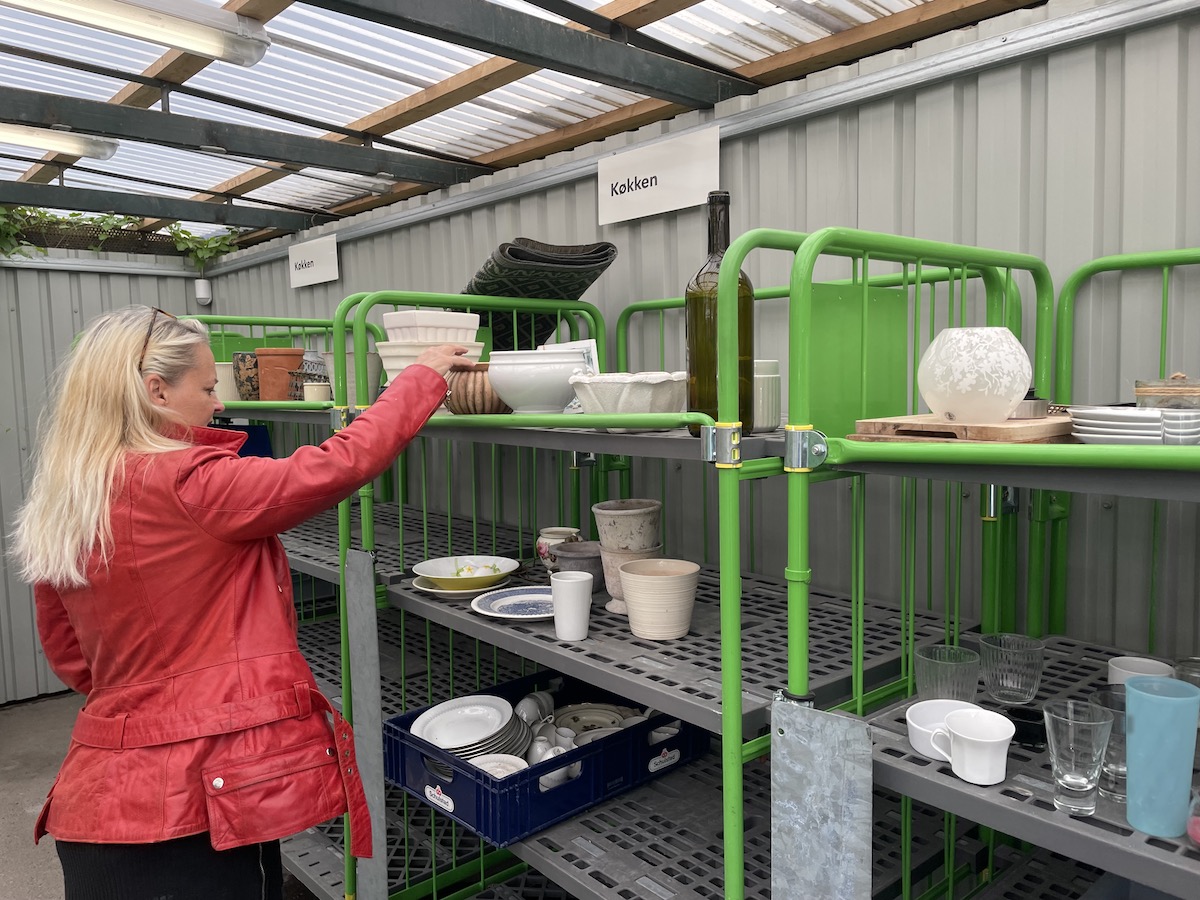
More Than an Online Community
Aertebjerg has been a member since 2013, two years after the group was founded to create an environment of accessibility outside of a monetary system. Aertebjerg moderates posts, admits new members and removes rule breakers from the large group.
As a moderator for the group, Aertebjerg has to combat insensitive comments under initial posts. She warns offenders, telling them to “delete your comment or else you will be kicked out of the group.” She said she’s been called a fascist when she has to put her foot down, which happens usually once a month.
Aertebjerg’s involvement in the group is no passive hobby. She runs errands on an electric cargo bike that she got secondhand from a friend, her kitchen alone houses six recycling bins, and she furnished a miniature mansion with exclusively secondhand items — down to the curtains and the cutlery.
“Everything I have is secondhand,” Aertebjerg said. “I haven’t bought a single piece of furniture I own.”
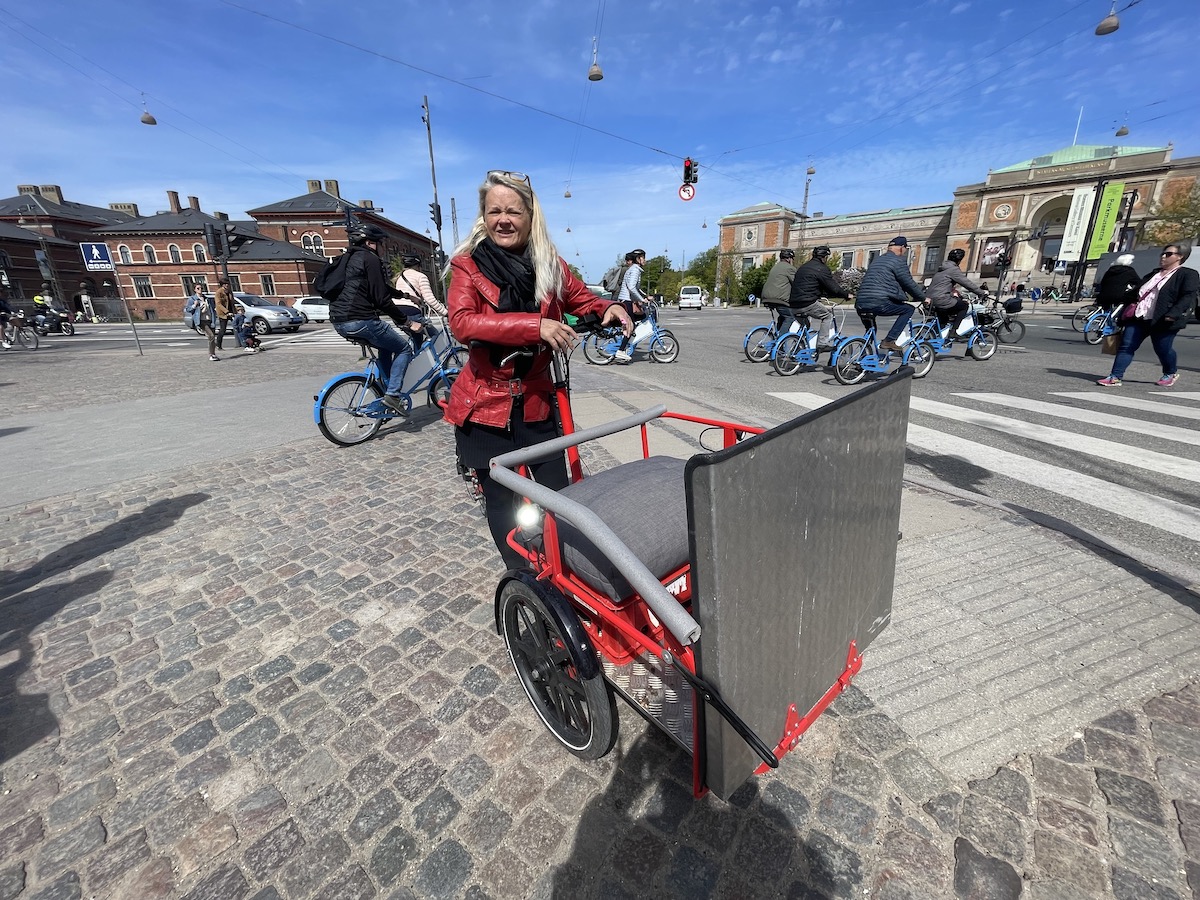
Aertebjerg’s sustainable lifestyle is characteristic of a modern Dane. The subsequent changes in Danish culture after the prioritization of sustainability by the government have become absorbed into everyday Danish life.
“It’s just in our DNA,” Rosendal said.
An Old Piece’s New Life
When Plantier moves into her unfurnished apartment in July, she’s planning to remain active in the Facebook group. She’s already gotten a plant, mirror and shelf, and said the interactions she’s had within the group have been positive.
Participating in Copenhagen’s secondhand furniture market is not only free, accessible and an avenue to meet new people, but it’s also sustainable. Pre-loved items are offered the opportunity to live a second life by entering the secondhand market, ultimately diverting them from landfills.
“Of course, you kind of signal that you’re thinking about the environment,” Rosendal said. “But if you buy really good, high-end quality (furniture), then it can last you a life or two.”
“Free Your Stuff Copenhagen” is an example of a community-building group that extends the lives of stuff that would be otherwise thrown away. Plantier’s participation in the group has connected her to Copenhagen residents and contributed to Denmark’s waste management initiatives.
Plantier plans to repaint her newly-acquired, old-style faded mirror to match her current taste. She said she won’t give away her bed, but she plans to donate the older items she’s accumulated, along with her plants, in “Free Your Stuff” at the end of her time in Copenhagen.
“It’s nice that (my plant) will get a new home,” Plantier said.
Helen Sorme is a junior majoring in journalism and sociology.


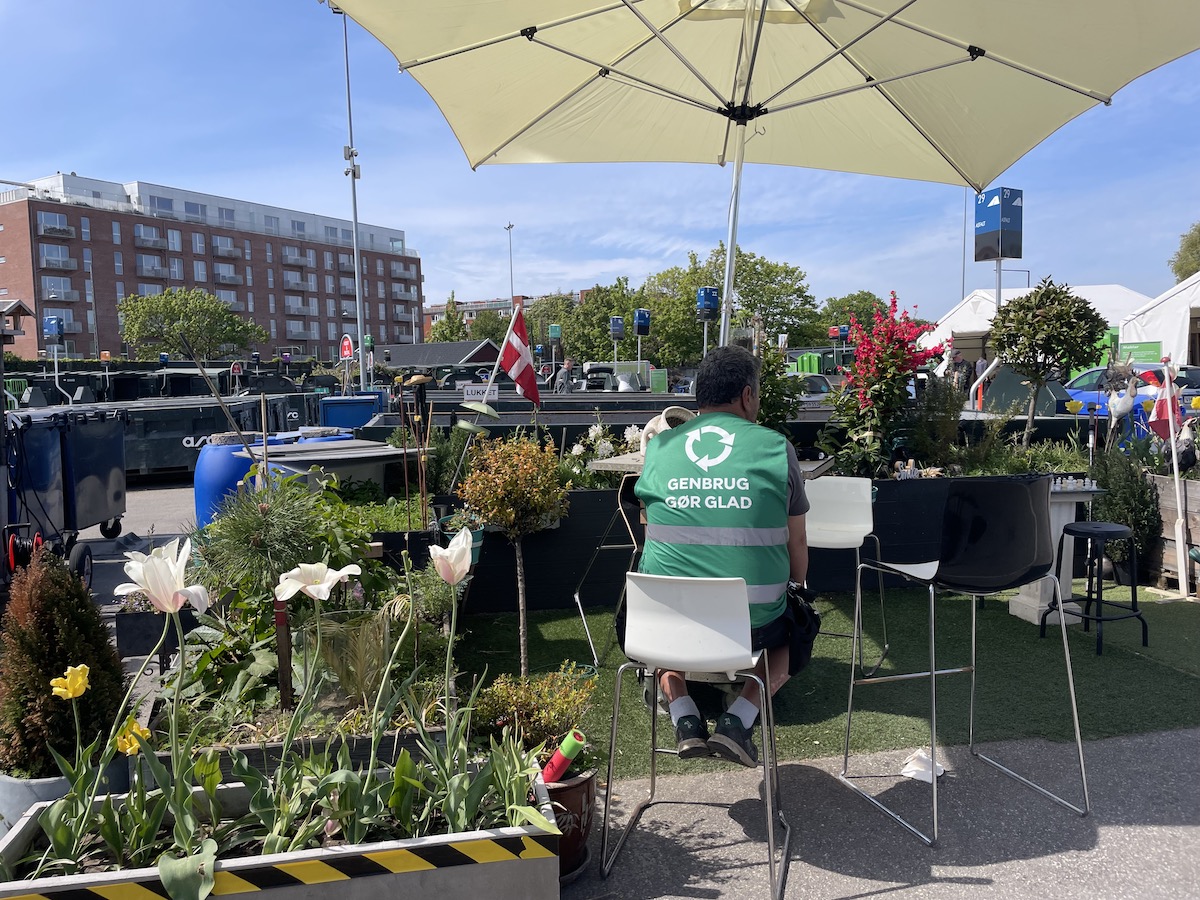

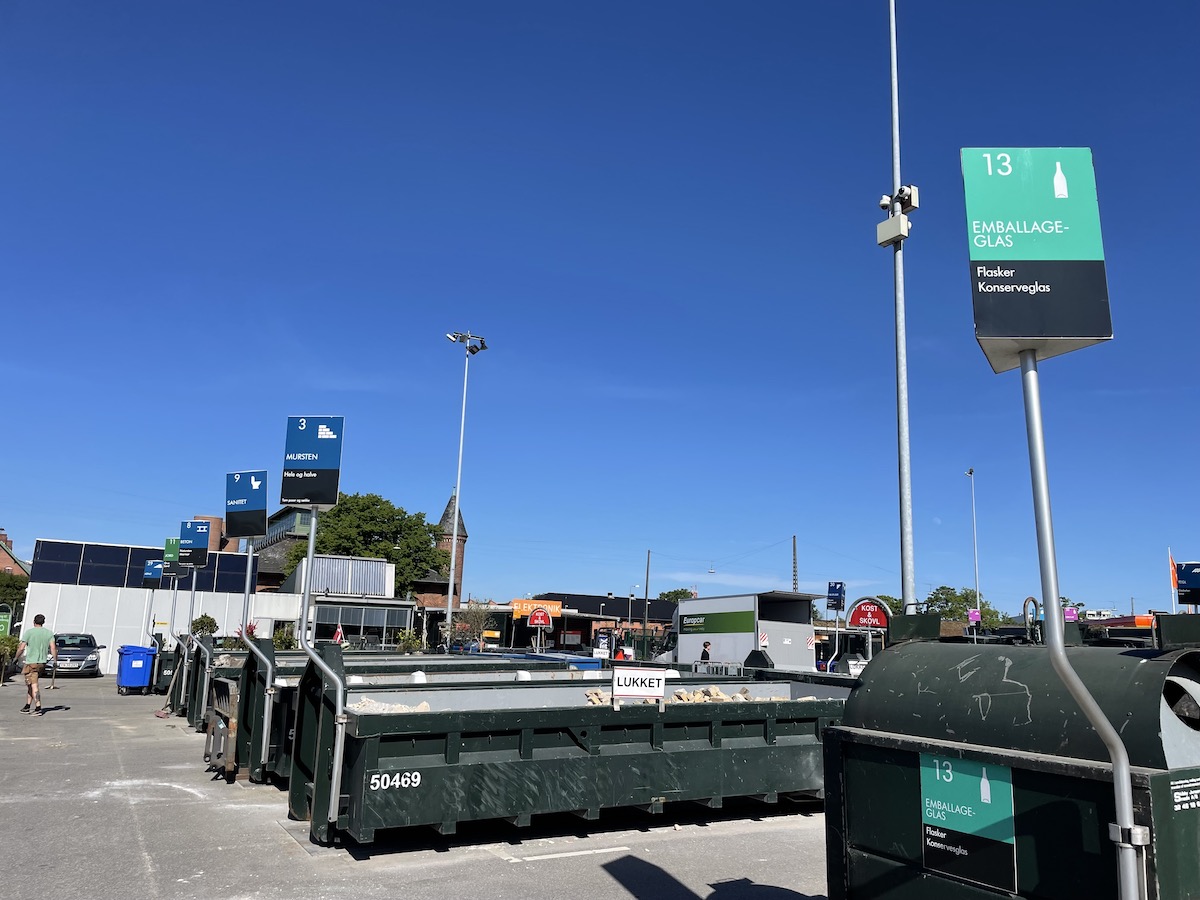
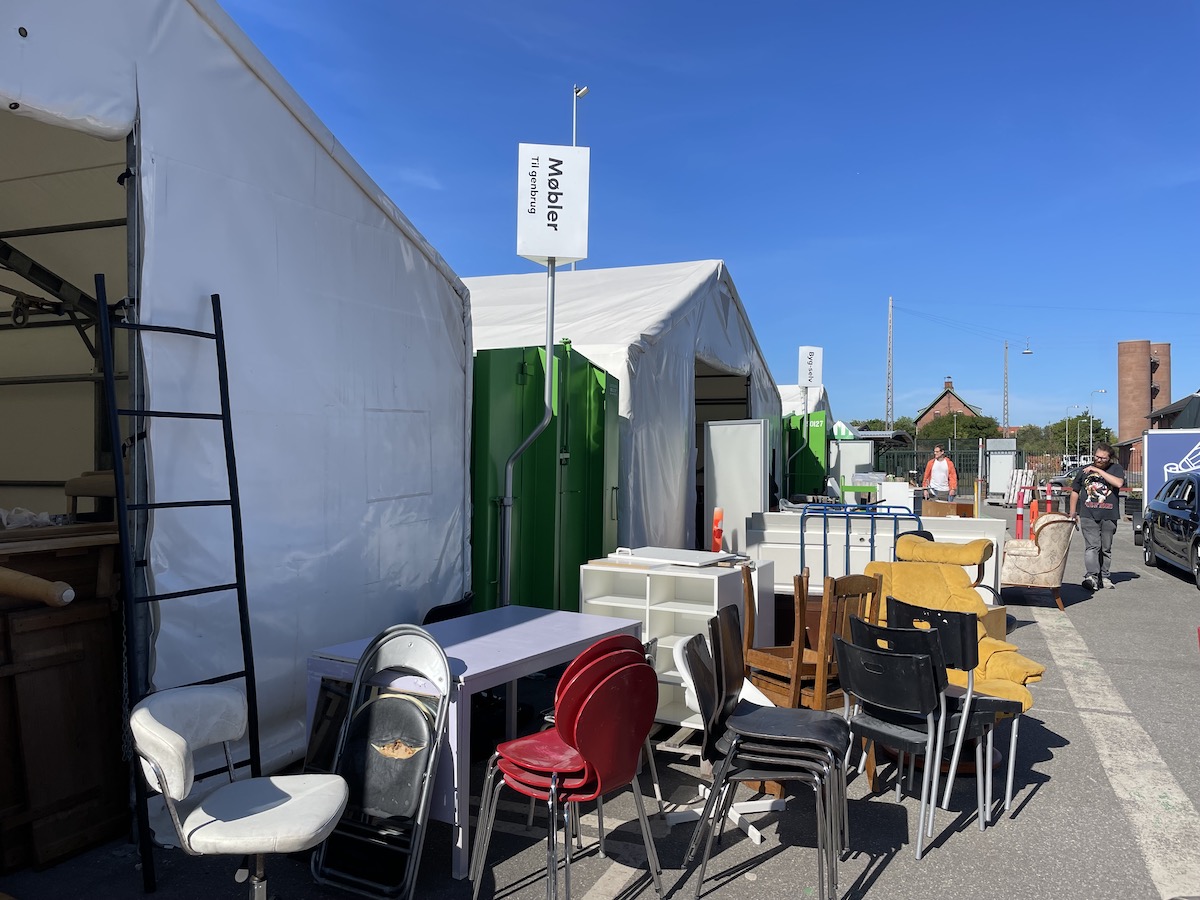
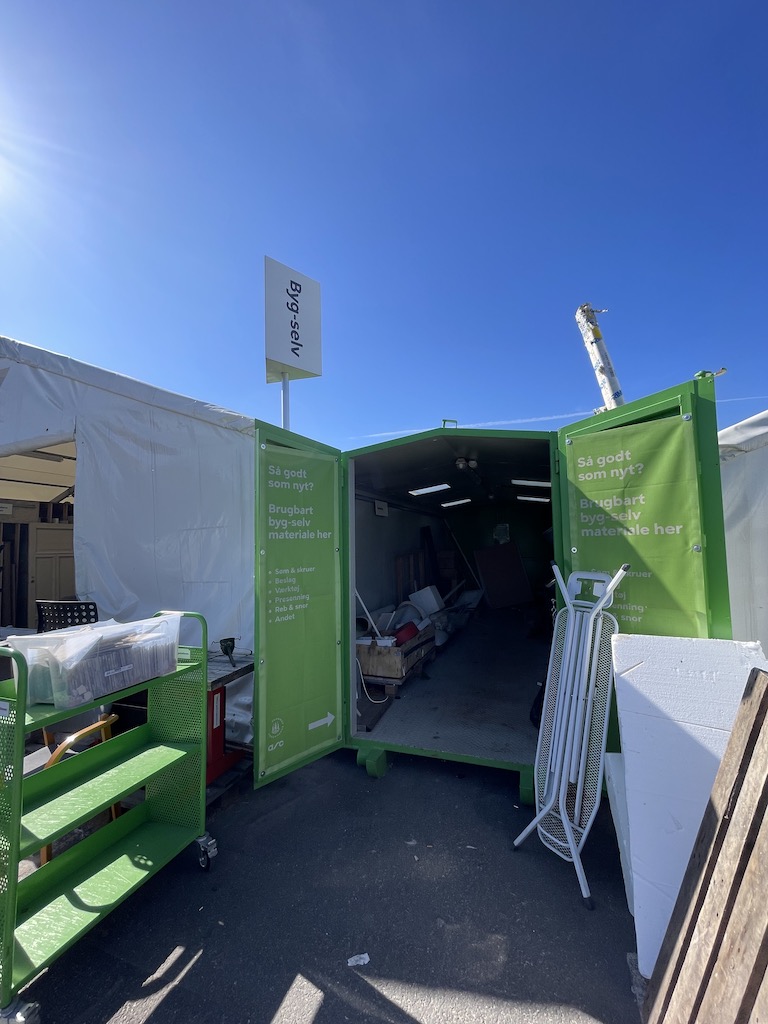




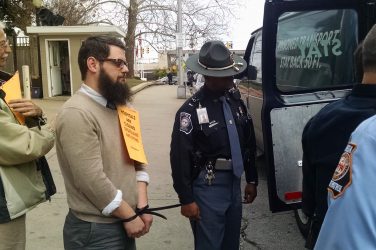
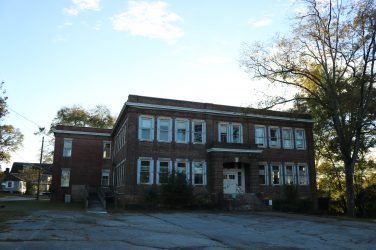

Show Comments (0)